
Robohub.org
Reading for robot fans: 24 books to inspire, educate and provoke
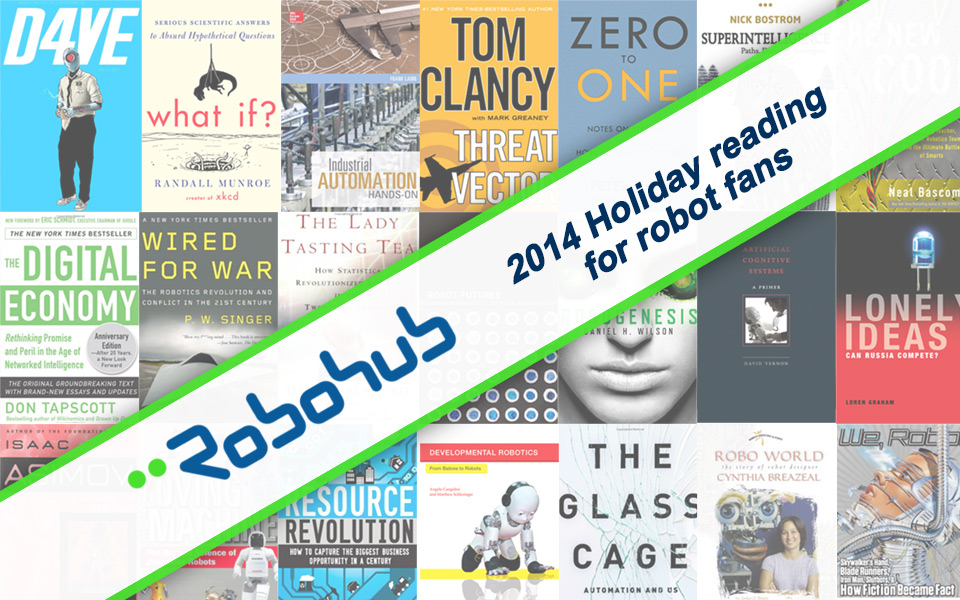
If you’re a robot geek hoping to curl up with some good books this weekend, check out this list of Robohub recommends. Covering our favorite robot-inspired fiction, educational reads, business books and techno-philosophy, these books are sure to keep you entertained this season.
Fiction
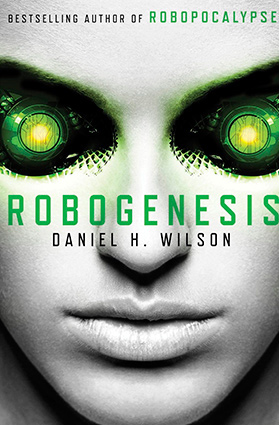
Recommended by Sabine Hauert, who also suggests Robopocalypse (2012)
“I read both books from cover to cover. Daniel Wilson is a roboticist – which makes his creations in the science fiction world that much more entertaining.”
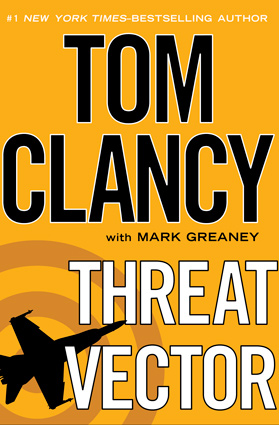
Recommended by Frank Tobe.
Tom Clancy has the ability to fictionalize the complex network of integrated networks and algorithms that make up our communications, satellite and power systems and show them all working together. In this chilling novel, he shows how it could all come apart.
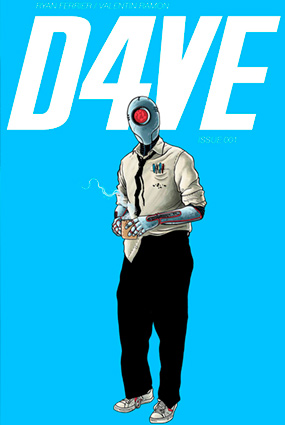
Recommended by Jim Haas, who also suggests Father Robot – Kristopher White & Sam Garland (2014)
“If you like comics, these are some great ones!”
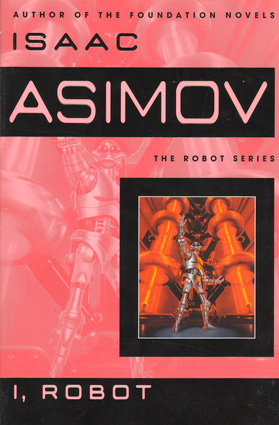
The quintessential story of AI and the three laws of robotics.
Education
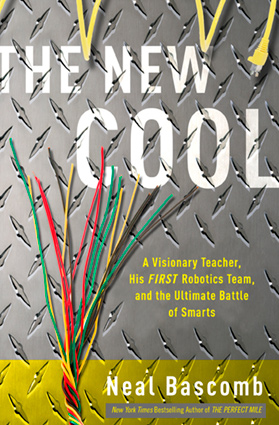
Recommended by Frank Tobe.
With an eye toward encouraging high school students to follow a STEM curricula, this book shows how a passionate teacher engaged his students to dispel social stereotypes, overcome adversity and become cool.
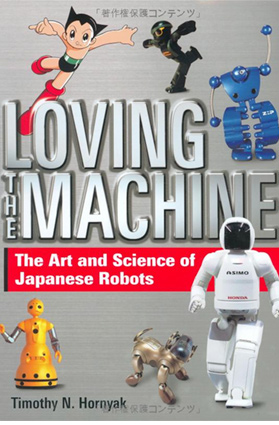
Recommended by Frank Tobe.
What can account for Japan’s unique relationship with robots as potential colleagues in life, rather than as potential adversaries? This book attempts to answer this fundamental query by looking at Japan’s historical connections with robots, its present fascination and leading technologies, and what the future holds.
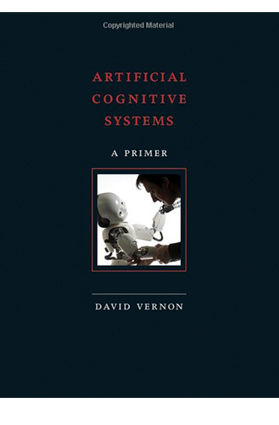
Recommended by Giulio Sandini:
“If you are interested in an up-to-date and accessible introduction to cognitive robots and systems, this is the book to read. In addition to presenting an overview of the main paradigms of cognitive science and architecture, the book also focuses on aspects of cognitive systems that are very close to robotics, such as embodiment, autonomy, memory and prospection. These topics are becoming of paramount importance to robotics, specifically in those application areas that address human-robot natural interaction and robot companionship.”

A practical introduction to industrial automation.
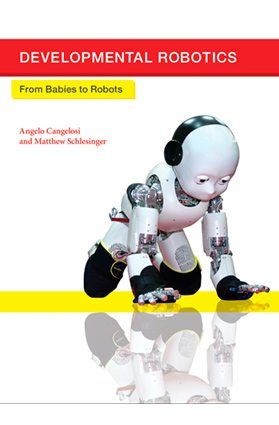
Recommended by Giulio Sandini:
Developmental robotics is a collaborative and interdisciplinary approach to robotics that is directly inspired by the developmental principles and mechanisms observed in children’s cognitive development. It builds on the idea that the robot, using a set of intrinsic developmental principles regulating the real-time interaction of its body, brain, and environment, can autonomously acquire an increasingly complex set of sensorimotor and mental capabilities. This volume, drawing on insights from psychology, computer science, linguistics, neuroscience, and robotics, offers the first comprehensive overview of a rapidly growing field.
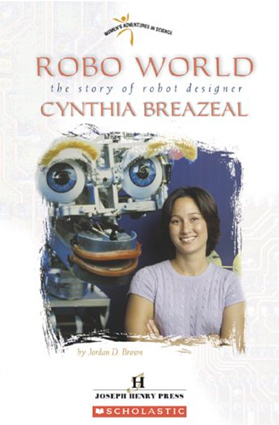
This book also made our book list for kids: who could be more inspiring to a budding young roboticist than sociable robotics expert Cynthia Breazeal? Though this book was written in 2005 and looks at her earlier work, Jibo’s emergence is bound to make this book resonate once again. If you’re looking to inspire a girl, or just yourself, this is the perfect read.
Recommended by Andra Keay, who also suggests Dazzling Women Designers.
Thought-provoking

In The Glass Cage, best-selling author Nicholas Carr digs behind the headlines about factory robots and self-driving cars, wearable computers and digitized medicine, as he explores the hidden costs of granting software dominion over our work and our leisure.
“A pretty good read. A whole load of discussion on the jobs topic in there too.”
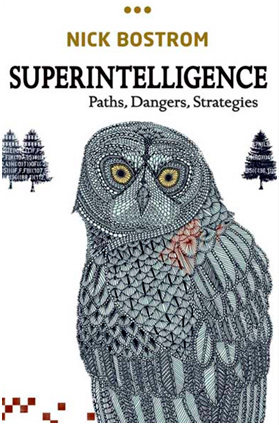
Superintelligence asks the questions: What happens when machines surpass humans in general intelligence? Will artificial agents save or destroy us?

During the eighteenth century, the inventor Jacques de Vaucanson created a mechanical duck that seemingly could digest and excrete its food. A few decades later, Europeans fell in love with “the Turk,” a celebrated chess-playing machine built in 1769. Thomas Edison was obsessed for years with making a talking mechanical doll, one of his few failures as an inventor. In our own time, scientists at MIT are trying to build a robot with emotions of its own. What lies behind our age-old pursuit to create mechanical life? What does this pursuit tell us about human nature? Gaby Wood traces the history of robotics, from its most brilliant inventions to its most ingenious hoaxes. Joining lively anecdote with literary, cultural, and philosophical insights, Wood offers a captivating and learned work of science and history.

A look at robotics and AI within the defense/security sector and including the workings of DARPA and other directed research facilities. Recommended by Frank Tobe.
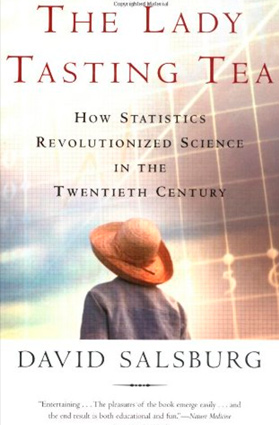
“It provides an interesting (and sometimes fun) look at how great minds have grappled with applied problems and scientific experiments – what you see is not always all there is!”
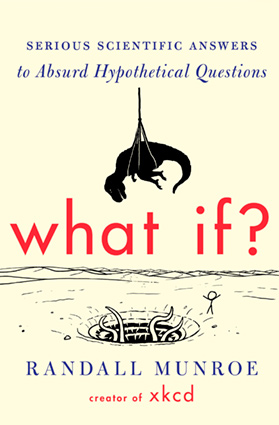
“The author, Randall Munroe, a former NASA roboticist, is the creator of the hugely successful (and fun) webcomic www.xkcd.com”
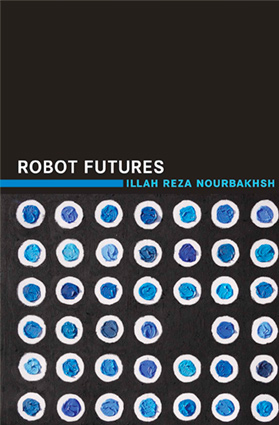
Recommended by Andra Keay:
“Scenarios from the future looking at the potential impact of some of the emerging technologies. Like what happends when you have a lot of very cheap, very small solar powered robots… with no off switches.”
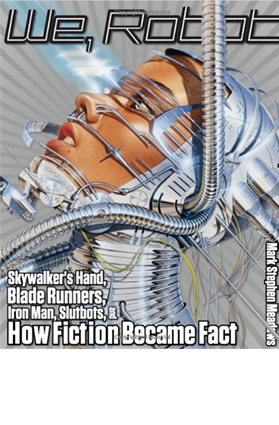
How do we separate science fact from science fiction? Mark Meadows uses fact, humor and pop culture to examine our favorite sci-fi robots – and to see which ones have come true today, and which ones will come true tomorrow. Along the way he raising important questions that robot-makers often ignore.
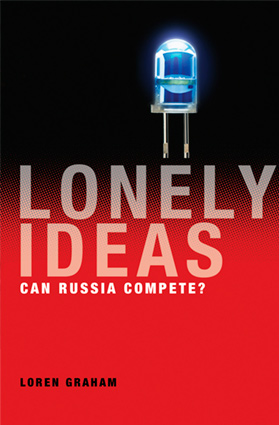
When have you gone into an electronics store, picked up a desirable gadget, and found that it was labeled “Made in Russia”? Probably never. Russia, despite its epic intellectual achievements in music, literature, art, and pure science, is a negligible presence in world technology. Despite its current leaders’ ambitions to create a knowledge economy, Russia is economically dependent on gas and oil. In Lonely Ideas, Loren Graham investigates Russia’s long history of technological invention followed by failure to commercialize and implement.
Recommended by Hallie Siegel.
Business
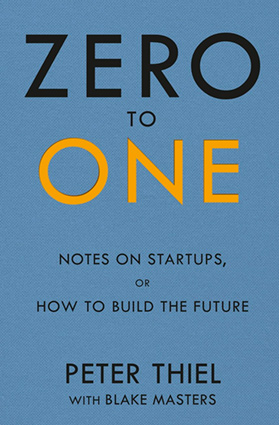
Would-be startups and entrepreneurs should not miss out on the advice from Peter Thiel, the founder of PayPal, Palantir Technologies, and partner of the Founders Fund, a Silicon Valley venture capital firm that has funded companies like SpaceX and Airbnb.
The Robohub team has been reading this – you should too!
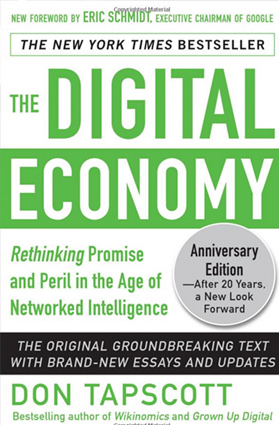
In 1995 Don Tapscott wrote The Digital Economy: Promise and Peril in the Age of Networked Intelligence. 20 years later, in this anniversary edition, he offers his insight on what he got right (it turns out, quite a lot!) and what surprised him. Check out also this CBC interview.
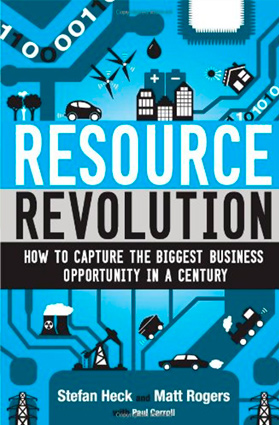
Resource Revolution shows how to take what is being seen as a worldwide crisis and turn it into the biggest business opportunity of the past one hundred years. The rapid urbanization of a new 2.5-billion-person middle class in Asia will create an unprecedented demand for oil, steel, land, food, water, cement, and other commodities over the next two decades. Heck and Rogers explore the ways in which innovators, including startups and global leaders from Cree to GE, have answered the challenge with practical steps to guide managers everywhere.
Robohub is an online platform that brings together leading communicators in robotics research, start-ups, business, and education from around the world. Learn more about us here. If you liked this article, you may also be interested in:
- 25 holiday gift ideas for RoboGeeks (2014)
- Ugly robot christmas sweaters and other bling for your robot wardrobe
- 20 great books to hook kids and teens on robotics
- Still looking for last-minute holiday gifts? 15 ideas for robot fans (2013)
- 8 Robotic Gifts for the 2013 Holiday Season
See all the latest robotics news on Robohub, or sign up for our weekly newsletter.
tags: holiday shopping, robot gifts




